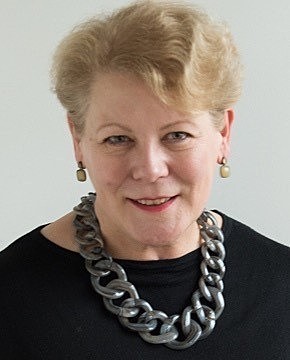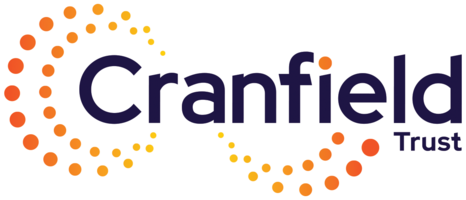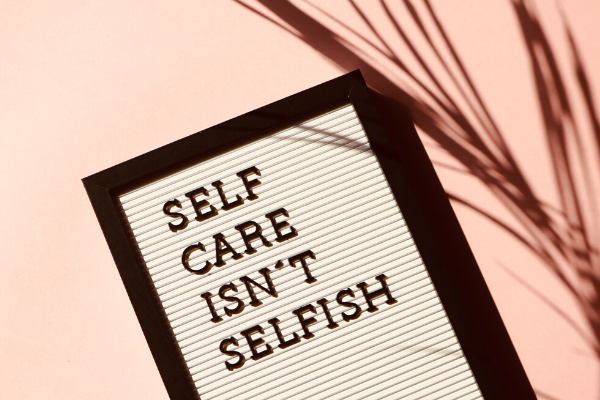
I’m learning to run! Not something I would normally contemplate for a nano-second. But these are not normal times. And I’m finding that some fast walking and slow jogging (I am a beginner after all) to music I enjoy is calming. It’s helping me gain perspective and think more clearly. Moreover, exchanging a somewhat breathless smile with a passerby gives me a sense of connection too.
And I’m not the only one. The man who delivered my groceries today told me that he was getting through these **** times by chatting to customers, telling jokes and jogging.
What are we both doing? Well, without necessarily consciously realizing it, we are dealing with stress and building our personal resilience.
It makes us feel better. Why is this important? Because right now we all need to hang on in there; keep things going and get things done – whether its keeping a family or household running, inspiring our kids or leading a team or organisation. And we can’t do that if we don’t have the personal strength and energy.
There are countless books and articles on dealing with stress and crisis and no doubt the pandemic will inspire more. The ones that are resonating with me at the moment are not the ones with ‘three stage plans’ or exhortations about boldly building out of crisis, but the ones that recognise we are all human and that leadership does not happen in an emotional vacuum. We need to look after ourselves in order to look after others and the organisations we care about.
Looking after ourselves means thinking about the whole person: our mind, body emotions and spirit and tending to all of them. This might mean learning to jog; spending some time in nature; connecting more with friends and family; helping a neighbour or volunteering; or simply establishing new habits and routines to add some certainty and sense of control. This isn’t selfish or a waste of time. If you are flagging, everyone around you is likely to as well.
Looking after and leading others in such intense uncertainty and fear, means recognising that the reality of living through this crisis is different for everyone. Everyone will have different pressures and challenges – some of which may not be immediately obvious. So, it’s really important to be open to the emotional pulse of your family, friends, colleagues and team and to acknowledge people’s concerns.

However, being emotionally available is not enough. We all also need to act – to address the problems and challenges facing our organisations. My own starting point for this is to try and start with the facts. What are the key challenges? What do we know for sure? What don’t we know? What may we never know? Giving the facts clearly, honestly and continuously shows we trust our teams and want their input. Knowledge is power and it is most powerful when shared. It may also help to remind people of the reason why their contribution is important. It’s pretty obvious if you work in the NHS, or food delivery or another essential occupation but might be less so for other organisations: And, not knowing where you fit in or why your role matters can add to individual and organisational stress. Deal with it by reminding people about why the organisation does what it does and how their role contributes.
Of course, individual roles and organisational missions are being challenged right now, not least because things are changing so quickly. So, it’s probably also really important to acknowledge that things may be a bit chaotic and ambiguous and to improvise and re-group as things change. That’s not about having no direction – that’s about changing and adjusting as the situation changes and accepting that actions won’t always be 100% right - but everyone is learning.
One of my favourite albums to accompany my attempts at running is the Eagles -‘The Long Road to Eden’. One track has a haunting refrain:
“There’s a hole in the world tonight
There’s a cloud of fear and sorrow
There’s a hole in the world tonight
Don’t let there be a hole in the world tomorrow’.
By taking care of ourselves, our families and friends, our colleagues and our organisations, we all contribute to what we all fervently want to be a better world tomorrow.
Julia Tyler Bio

Julia Tyler is a Cranfield Trust volunteer in the South West. She was Associate Dean at London Business School and is now a trustee, volunteer and consultant.

